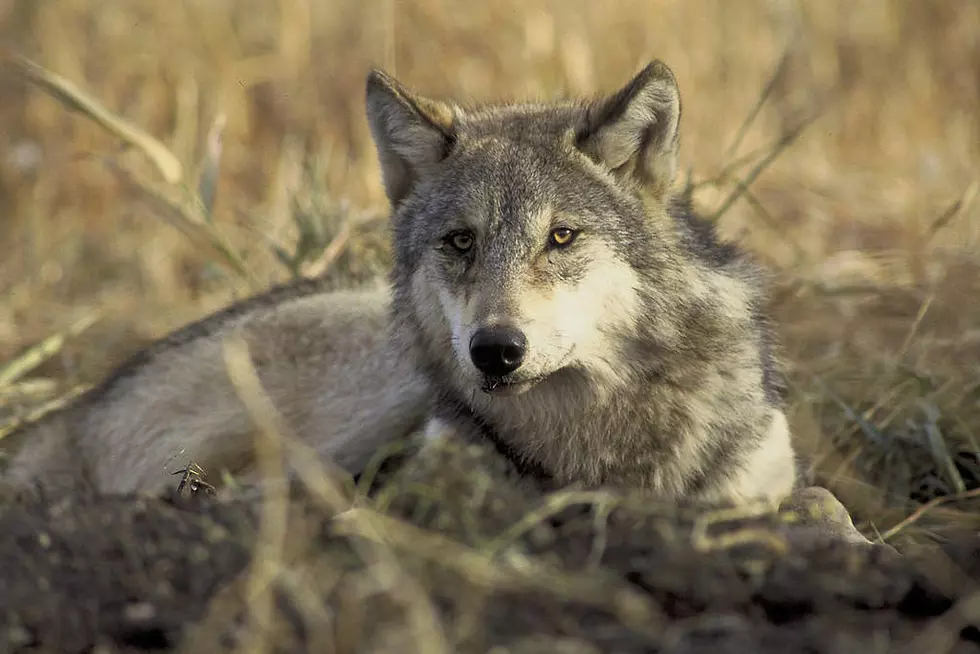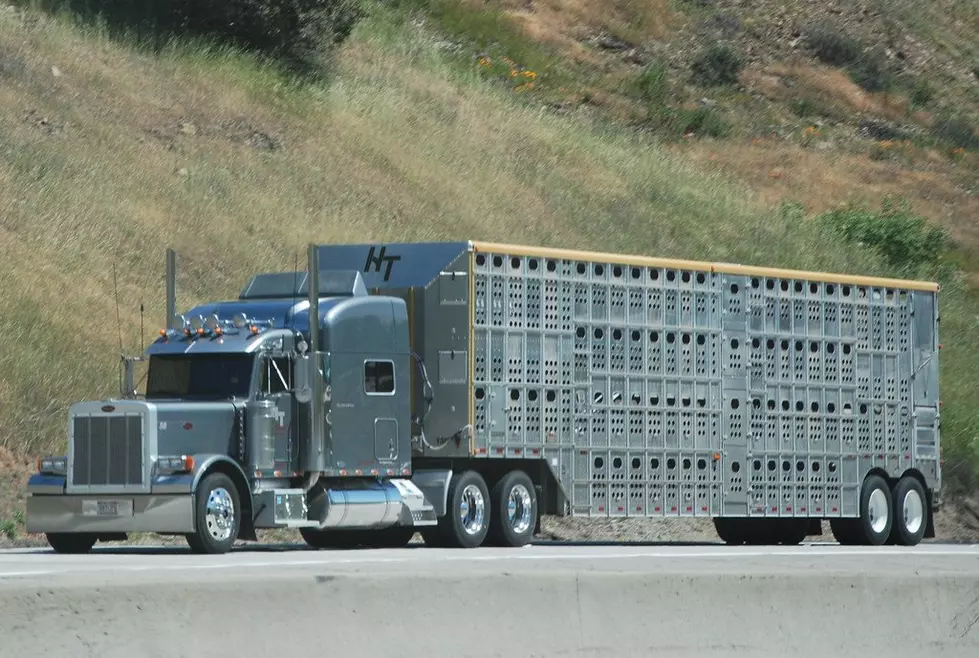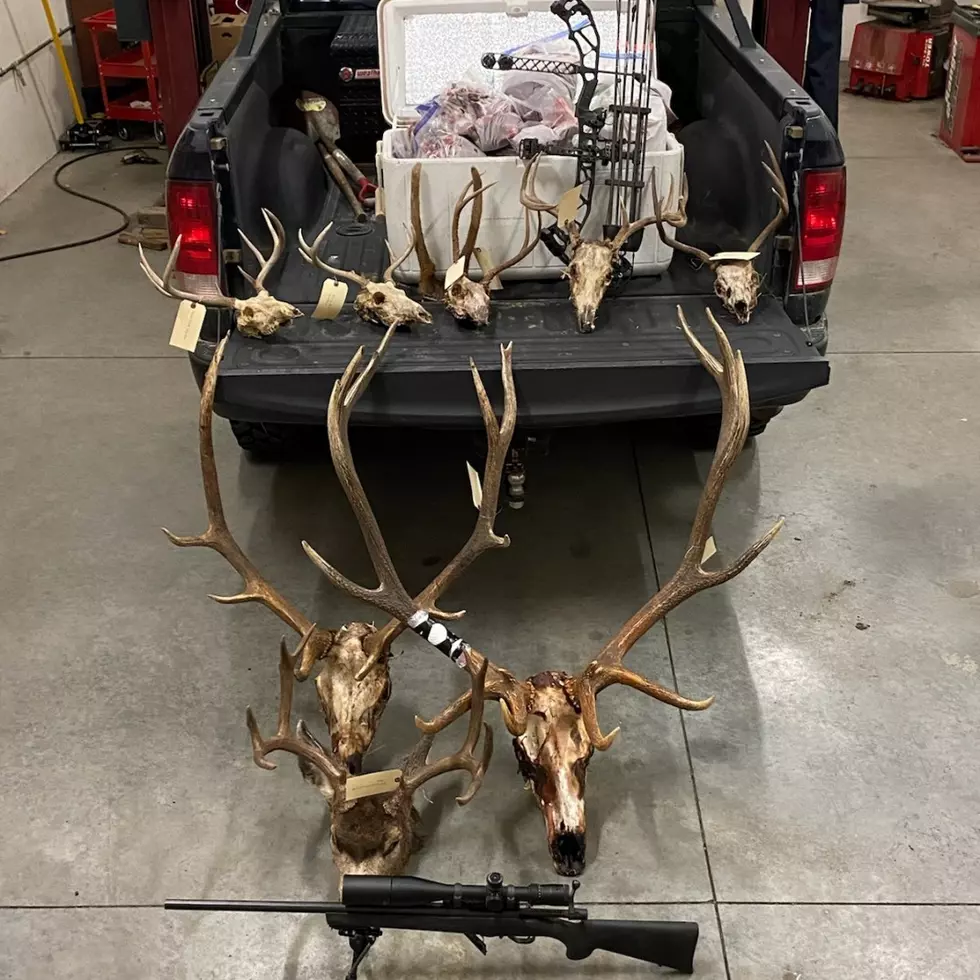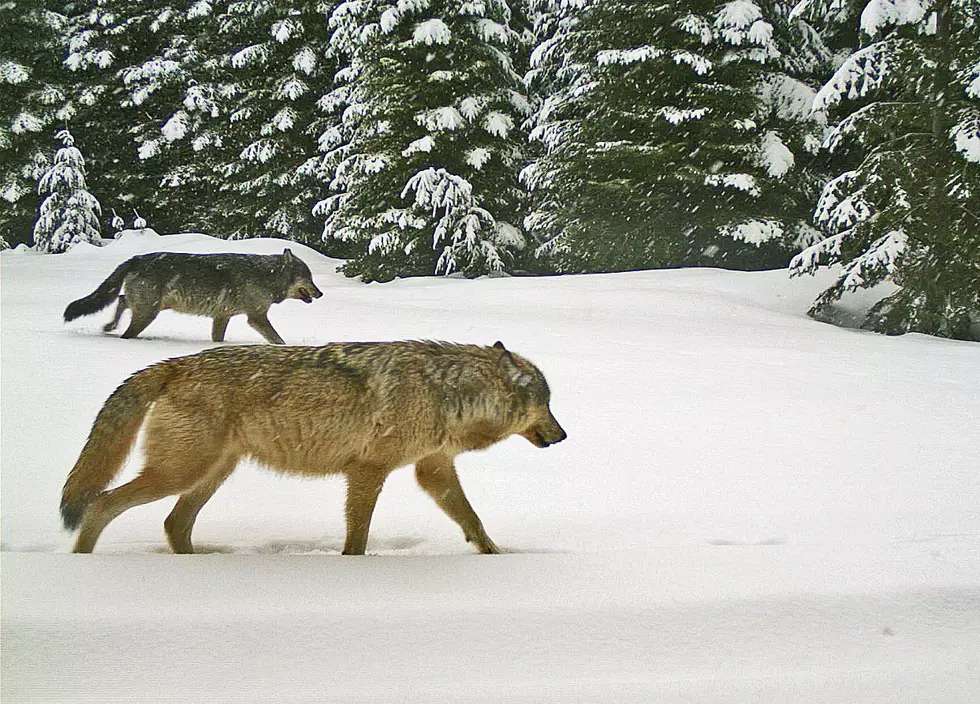
ODFW OKs Lethal Removal Of NE Oregon Wolves
With non-lethal measures failing to stop depredations, the Oregon Department of Fish and Wildlife has authorized lethal removal of up to two wolves in the High Valley area in eastern Union County, an area previously used by the Catherine Pack. The agency said Thursday it will allow the landowner or their agent to kill the wolves on the single private land property where the depredations occurred. The permit is valid until March 11th.
This week's announcement came after another dead calf was discovered Tuesday January 10th. ODFW confirmed three depredation events on private land pastures since Christmas Day, resulting in the death of five 10 or 11-month-old calves. That, the Department noted, meets the definition of chronic livestock depredation under Wolf Plan Rules (minimum of two confirmed depredations in nine months).
Lethal take can be authorized by ODFW in chronic depredation situations when there is significant continued risk to livestock present in the area and non-lethal preventative measures were used. ODFW says during one of these recent depredations, the livestock producer says they observed wolves standing over one of the dead calves, but was unable to shoot the wolves because they could not do so unless they caught the wolves in the act of attacking their livestock. Sometimes wolves are found scavenging on dead livestock that they did not kill.
This permit will allow the livestock owner to shoot wolves while they are on the property near livestock to prevent potential for further losses, even when not actively attacking livestock. The Department said the producer had increased human presence, fed livestock in the evening to concentrate them overnight, moved calves to a more secure pasture and employed lights and noise (including a radio and gunshots to deter wolves). After the second depredation, they also used fox lights (flashing lights) and moved the calves to another pasture closer to the road to increase visibility and human presence.
The producer’s cows will start calving in the next month and with even more vulnerable calves on the property, the risk to livestock may increase. Lethal action is authorized with the goal of putting an end to the chronic depredation, and the livestock producer will also continue to use nonlethal measures to reduce conflict.
If you have a story idea for the PNW Ag Network, call (509) 547-9791, or e-mail glenn.vaagen@townsquaremedia.com
More From 610 KONA









